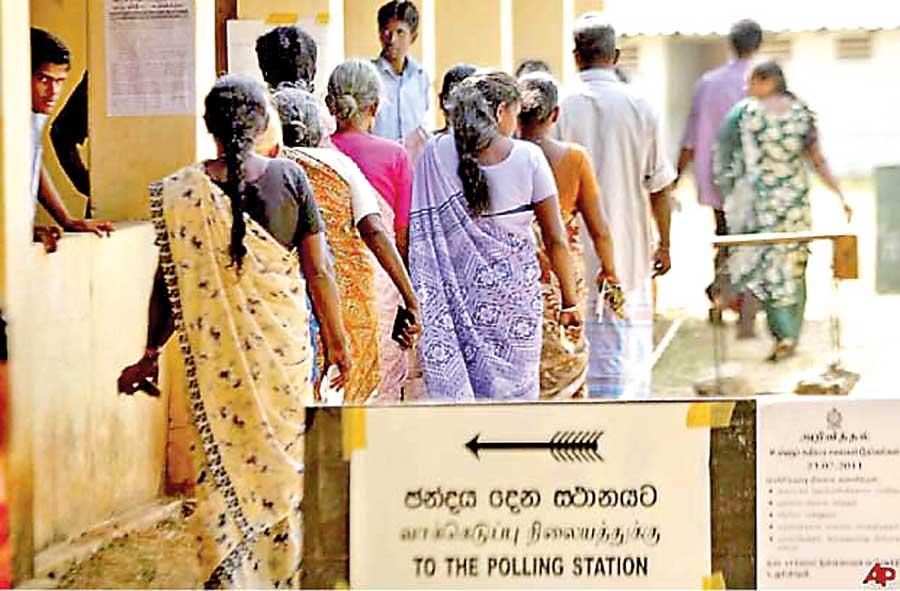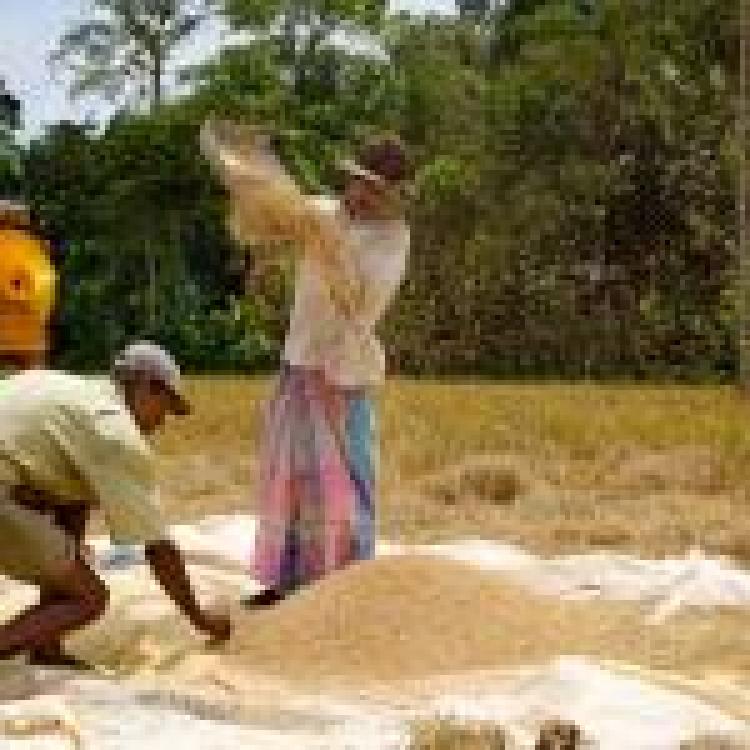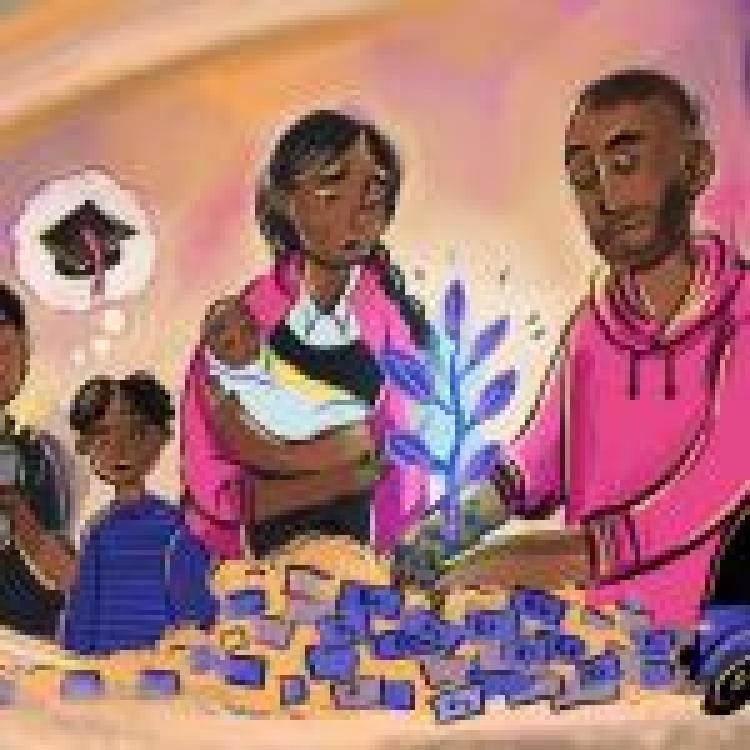
As Sri Lanka approaches its presidential election on September 21, a new report by the International Crisis Group (ICG) highlights the stakes for the millions pushed into poverty by recent economic reforms.
"Despite initial successes in stabilizing the economy under President Ranil Wickremesinghe, the IMF-backed austerity measures have done little to ease the widespread economic misery that followed the 2022 financial collapse,” said the ICG. “For many Sri Lankans, the election offers a glimmer of hope for a fairer distribution of the burdens imposed by austerity, but also deep anxiety about the future."
Since taking office in July 2022, following the mass protests that led to the resignation of his predecessor Gotabaya Rajapaksa, current president Ranil Wickremesinghe has implemented a series of tough fiscal policies aimed at securing international aid and addressing the nation’s debt crisis. However, millions continue to struggle under soaring taxes, energy costs, and rampant inflation. In the last three years, poverty rates in Sri Lanka have more than doubled, with urban poverty tripling. Many small and medium-sized businesses have collapsed, public services like healthcare have deteriorated, and youth unemployment has surged.
Despite these challenges, Wickremesinghe has relied on support from the same political establishment that brought the country to the brink of economic ruin. The report argues that his reforms have disproportionately impacted the poor and middle classes while protecting the wealth of the political elite. The lack of accountability for corruption, both during the Rajapaksa administration and within Wickremesinghe’s own government, has deepened the public's sense of injustice.
For many, the upcoming election represents more than just a judgment on Wickremesinghe’s policies. "It is an opportunity to address the deep-rooted governance issues that triggered the crisis in the first place," the report states. His main challengers, Sajith Premadasa and Anura Kumara Dissanayake, have pledged to renegotiate the IMF agreement to ease the strain on working people, although neither has presented a clear strategy for doing so.
The international community, particularly Sri Lanka’s creditors, will be closely monitoring the election. A responsibly conducted election with legitimate results could lay the groundwork for future debt relief negotiations and a more sustainable economic recovery. For now, the country's future remains uncertain, but one thing is clear: the outcome of this presidential election could either offer a path out of the crisis or deepen the hardship faced.
The situation in the North-East also remains dire. A recent Multidimensional Vulnerability Index (MVI) by the UNDP in Sri Lanka revealed that a large percentage of individuals in the North-East live below the poverty line and face numerous vulnerabilities, with several districts in this region being the worst affected in the country. The Northern and Eastern Provinces had the highest rates of multidimensional vulnerability, with Mullaitivu being the hardest-hit district. The report noted that in Mullaitivu and Kilinochchi, the primary concern is not household debt but rather access to a reliable water supply.
Amid these economic hardships, calls for recognition and a referendum continue to resonate strongly from the North-East.
The full report can be found here.


